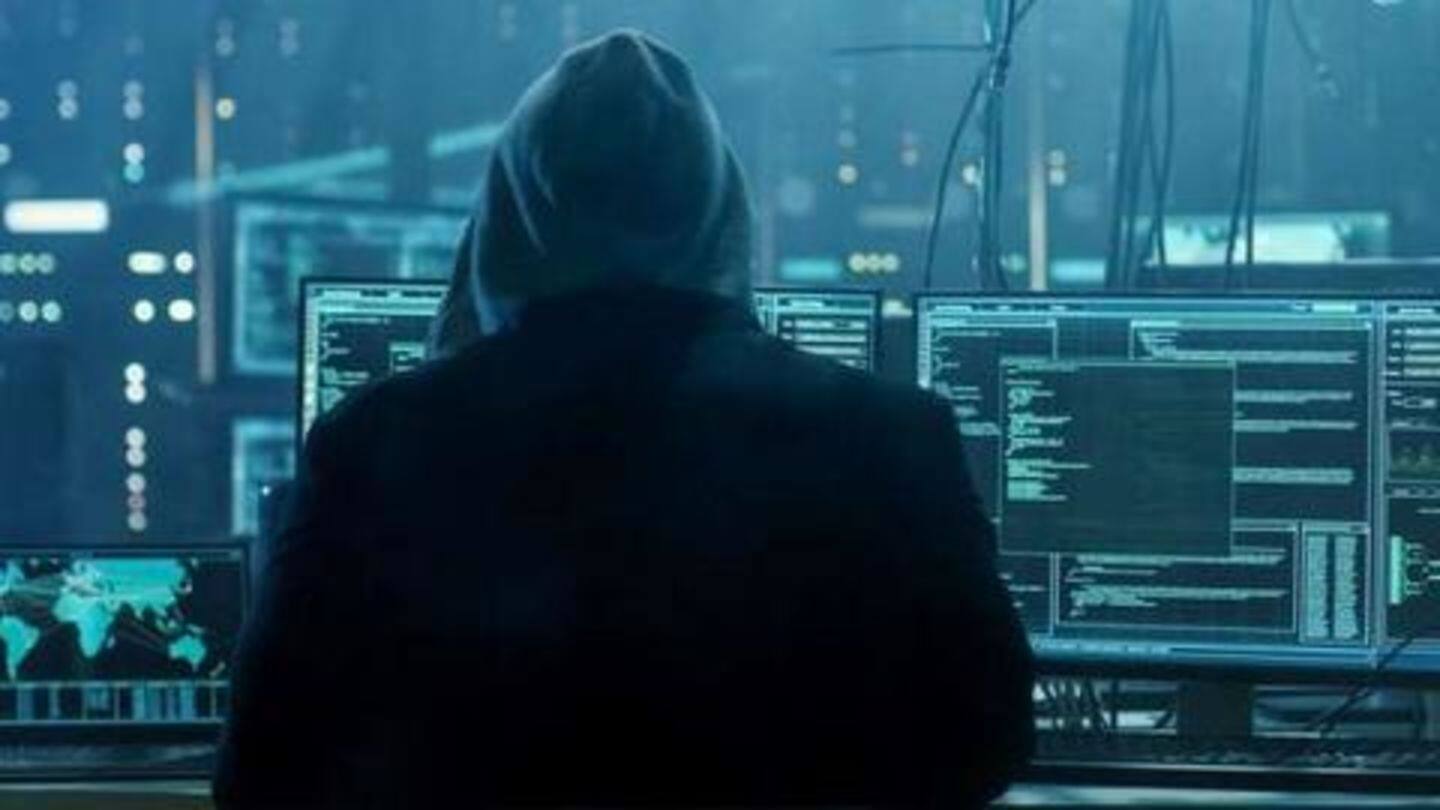
YouTube bans hacking and phishing videos, annoying security enthusiasts
What's the story
Popular content streaming site YouTube has launched a crackdown against instructional hacking and phishing videos.
The ban comes as part of an effort to keep dangerous content from surfacing on the platform, but many IT enthusiasts who use these videos for learning computer security aren't happy with the move.
Here's everything you need to know.
Attack
YouTube has banned popular security channel
YouTube's ban on instructional hacking and phishing videos came to the light when Null Byte - a channel "for aspiring ethical hackers, computer scientists, and the infosec community" - claimed their existing content is being flagged and pulled down.
The move drew flak from Null Byte's followers, prompting YouTube to reinstate the clips.
The streaming giant said the videos were taken down by 'mistake'.
Issue
However, that didn't happen for other channels
While the videos shared by Null Byte returned, other channels posting educational hacking videos didn't witness the same thing.
Their videos have been taken down for violating YouTube's policy against "showing users how to bypass secure computer systems or steal user credentials and personal data."
Other banned content in this category includes instructions to kill, harm, theft, eating disorders, dangerous challenges, and violent events.
Concern
Ban affecting people interested in cyber security research
YouTube's crackdown is aimed at preventing illegal hacking and phishing, but at the same time, it is also preventing cybersecurity enthusiasts as well as common people from learning counter phishing and hacking tricks.
These learners are essentially white hat hackers and security researchers who work legitimately and find vulnerabilities in systems, sometimes even for large organizations like Facebook and Google.
Question
Line fades between right and wrong
The move is well-intended but the line between what's right and wrong appears blurry at this stage.
On one hand, YouTube's rules allow depicting dangerous content if its "purpose is educational, documentary, scientific, or artistic (EDSA)", while on the other, videos educating about those same topics are being banned.
Also, there's no guideline to help education-focused groups separate their content from really harmful videos.